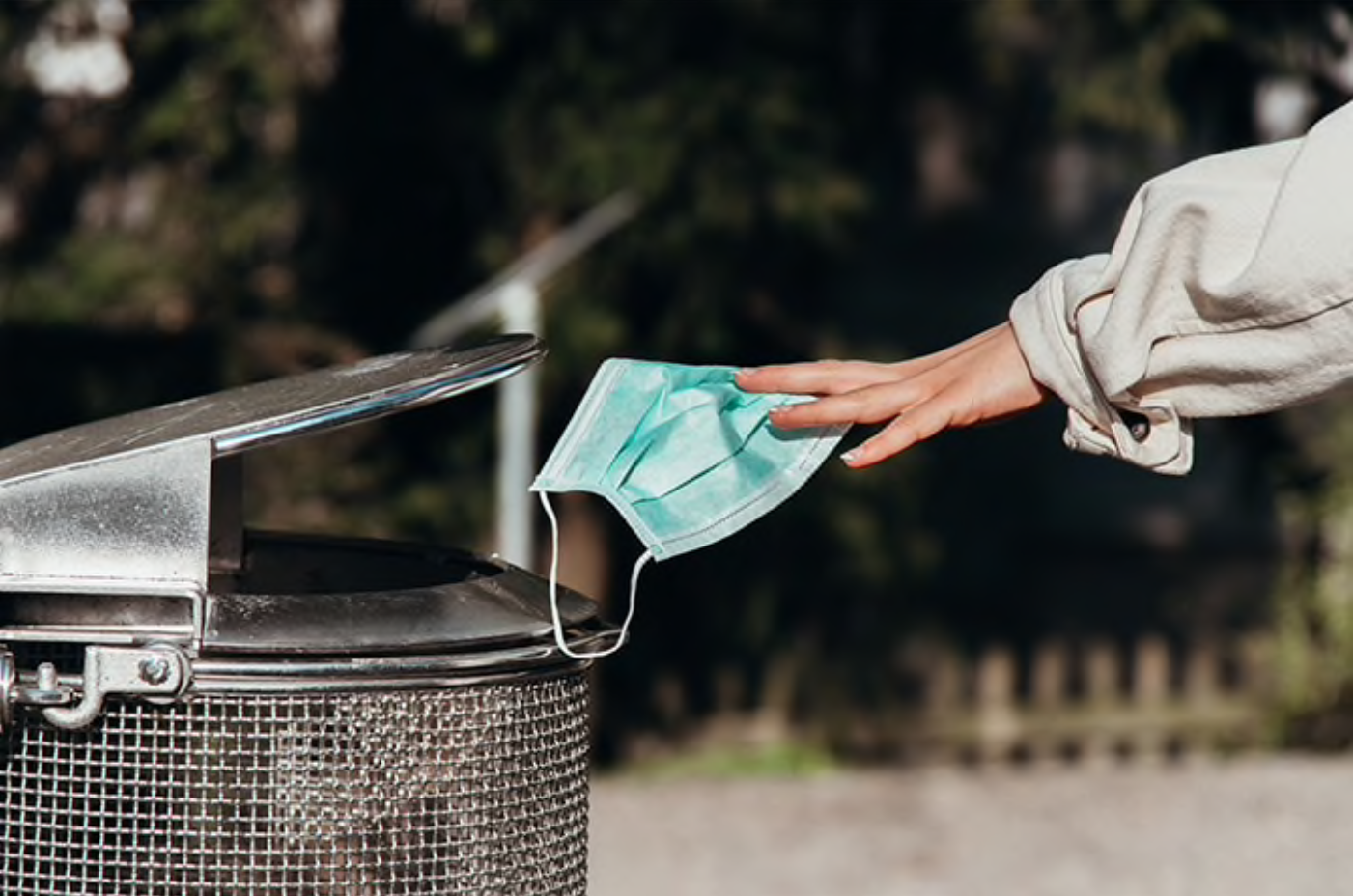Exemptions
A person may remove their mask if they are:
- eating or drinking
- communicating with another person who is deaf or hard of hearing
- at work and the nature of the work makes the wearing of a fitted face covering a risk to the person's, or another persons' health and safety, or where clear enunciation or visibility of your mouth is essential
- asked to remove their mask for identity purposes
- in an emergency situation
- when the removal of a face mask is necessary for the provision of a good or service e.g. a facial or a beard trim
- doing strenuous exercise (except when you are in a gym class or a dance class)
- at a correctional centre, place of custody, or hospital
- in a school or early education and care facility
- a resident at an aged care were facility
- a guest in a hotel/motel room and in your room
- on a construction site
- in the process of getting married
- working alone in an office (until another person enters)
- in a vehicle alone or with another person from your household.
Eating and drinking
You can take your face mask off when you are eating or drinking.
To avoid the risk of contamination, NSW Health recommends you put on a new, clean mask when you have finished eating or drinking. If this is not possible, remember to wash or sanitise your hands.
You should always use hand sanitiser or wash your hands before and after changing your face mask.
Remember, stay 1.5 metres apart from people you don’t live with.
Masks should not be worn by toddlers under 2 years of age and babies, as they are a choking and suffocation risk.
Children 12 years and under are exempt but are encouraged to wear masks where practicable.
The public health order includes a number of lawful reasons for not wearing a mask.
You are not required to wear a mask if you have a physical or mental health illness or condition, or disability, that makes wearing a mask unsuitable. For example, if you have a skin condition, an intellectual disability, autism or trauma, you are not required to wear a mask.
It may not be suitable for some people with disability to wear a face mask.
If you have a condition that prevents you from wearing a mask, you may wish to ask your registered health practitioner or disability care provider to issue a letter confirming this. However, this is not a requirement under the public health order.
If you are stopped by a regulatory officer in a setting where masks are mandatory, they will ask you to confirm the lawful reason you are not wearing a face mask.
Officers will only issue penalty notices if you clearly refuse to wear a mask without a lawful reason.
If you have a condition that prevents you from wearing a mask, you may wish to ask your registered health practitioner or disability care provider to issue a letter confirming this. However, this is not a requirement under the public health order.
In other circumstances, if you are eating or drinking, or there is an emergency, you will not be expected to continue wearing a mask.
